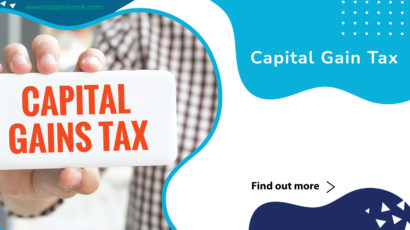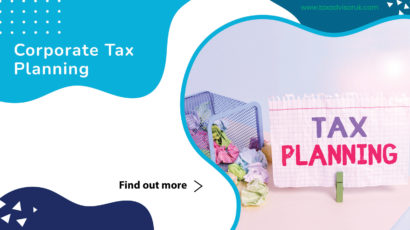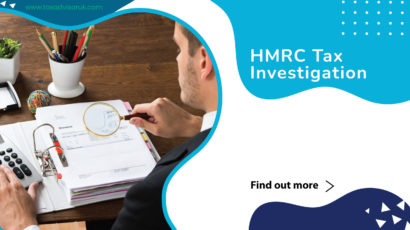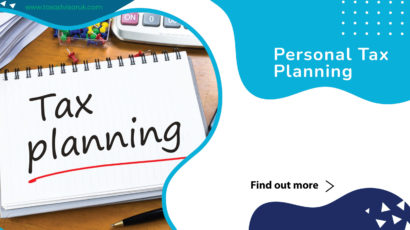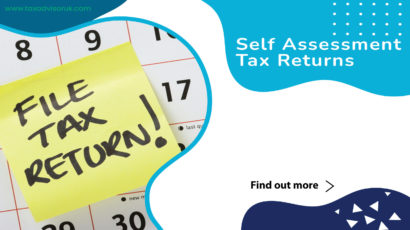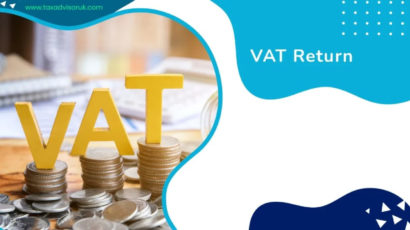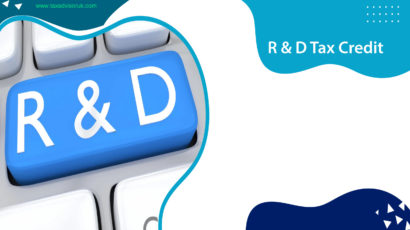For people in business partnerships and sole traders, year end accounts and tax returns are the basis for the business owner’s self assessment tax return.
In the case of a partnership, year end accounts state the balance on the individual partners’ current accounts. In owner-managed limited companies, the limited company accounts will have details of the dividends paid to shareholders, and the salaries paid to the directors. This must tally with the self assessment tax return.
In summary, year end accounts offer vital information about your business. It shows comparisons of the last year’s and present year’s performance and if profit margins set on each sale were appropriate. It also highlights expenses and sales, allowing the business owners to make better decisions. Year end tax accounting also highlights anomalies to investigate. Having an expert manage your business year end accounts and tax returns brings your business closer to success.
Banks usually prefer to see the accounts of self-employed applicants who apply for mortgages or loans.
Deciding on a Year End
Sole traders, partnerships, and limited companies can pick any year end date they want. Most business owners pock the tax year or year calendar, i.e. 31 March or 5 April. Your tax liability will depend on the latest finalized accounts. Having a tax year end helps business owners get a better picture of their tax liability eventually. Selecting the year end date as 31 March or 5 April prevents complicated overlaps in calculations for partners and sole traders.
On the other hand, you can choose a year end that you feel is ideal for your business. It could be a quiet time during the year, when you have more time to summarize your unpaid bills and count stock.
For people with other businesses, having the same date or dates close to one another for their year end is a good idea. It makes deadlines easier to remember.
We recommend that you prepare partnership accounts and sole trader accounts well before the tax return deadline, which is 31 January. Typically, companies get nine months to complete their accounts.
It is never a good idea to rush into bank statements and auditing receipts. This leads to errors, which is not good. Proper year end accounts helps you check if there are tax planning opportunities, and if you claimed for all entitlements.
Bookkeeping
Our Year End Accounts and Tax Returns service helps you prepare all bookkeeping records. Our team is skilled in managing spread sheets, receipts, cashbooks, and computerized data. We provide professional advice on how you can improve and streamline your record-keeping processes. This in turn helps your business perform more efficiently.
We will prepare your accounts according to accounting standards, and help you claim all entitlements. Whether you are a limited company, sole trader, or a partnership, letting our experts handle your year end accounts will spare you the stress and save your time.
Get Professional Year End Accounts and Tax Returns Services
Our expert accountants are affordable and dedicated to offering you friendly and professional services. For any inquiries and assistance about Year End Accounts and Tax Returns services, feel free to get in touch with us.



